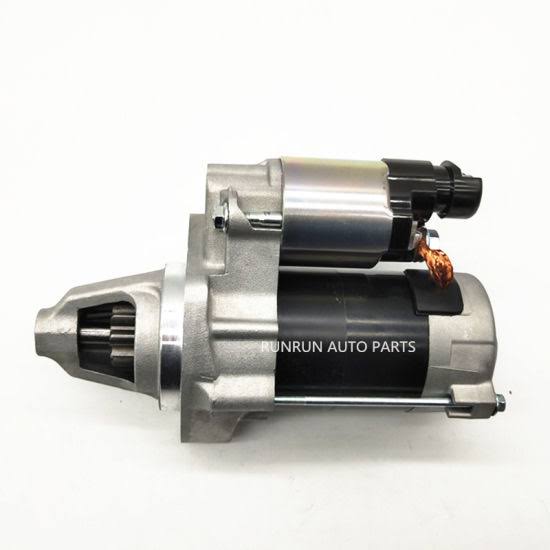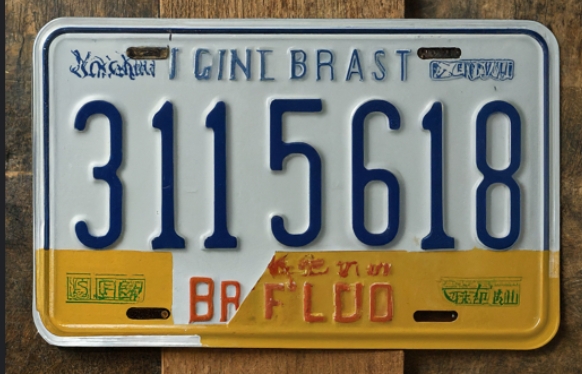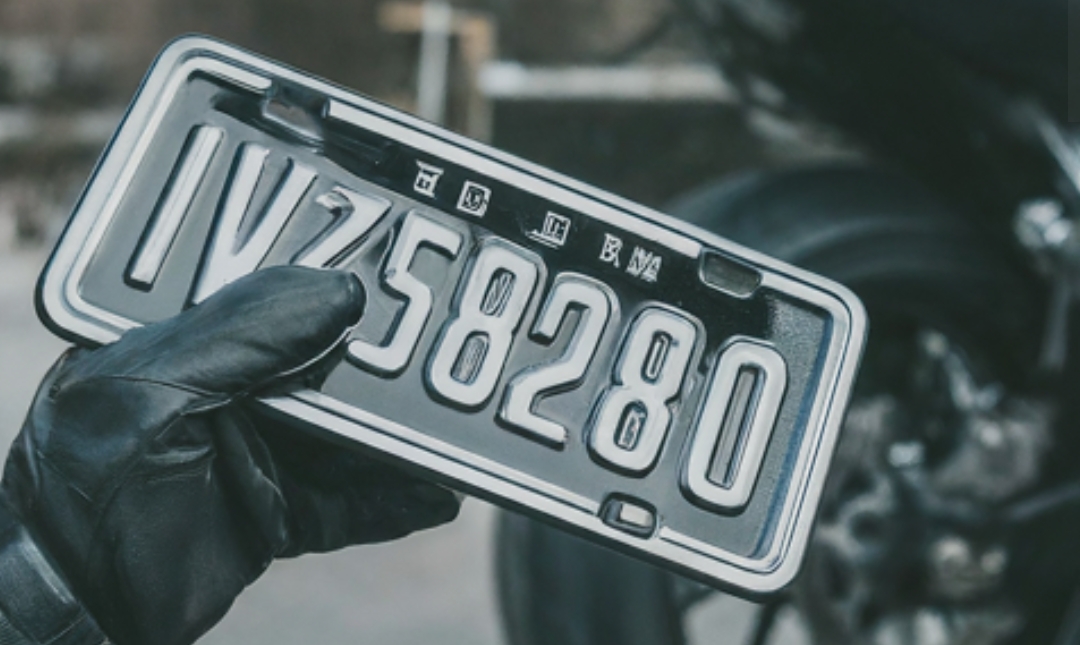Exploring the Honda Civic Car Starter
In the heart of every Honda Civic lies a small yet mighty component that plays a crucial role in getting your engine roaring: the car starter. Often taken for granted until it fails, the car starter is responsible for initiating the engine’s combustion process, setting the stage for a smooth and effortless start. In this blog, we’ll take a closer look at the Honda Civic car starter, its function, signs of trouble, and maintenance tips to keep your engine firing on all cylinders.
The Role of the Car Starter
The car starter is a vital component of your Honda Civic’s starting system, responsible for engaging the engine’s flywheel and initiating the combustion process. When you turn the ignition key, an electrical signal is sent to the starter solenoid, which in turn activates the starter motor. The starter motor then spins the engine’s crankshaft, enabling the pistons to move and the engine to start.
Signs of a Failing Starter
Like any mechanical component, the car starter is subject to wear and tear over time. Here are some common signs that your Honda Civic’s starter may be failing:
- Clicking Noise: A clicking sound when you turn the ignition key may indicate a faulty starter solenoid or worn-out starter motor brushes.
- Slow Cranking: If your engine cranks slowly or struggles to start, it could be a sign of a weak or failing starter motor.
- Intermittent Starting Issues: Intermittent starting problems, where the engine occasionally fails to start or requires multiple attempts, may be attributed to a faulty starter or electrical connection.
- Starter Whirring Noise: A high-pitched whirring noise when attempting to start the engine could indicate a worn-out starter gear or damaged flywheel teeth.
Maintaining Your Car Starter
To ensure reliable performance and longevity of your Honda Civic’s car starter, follow these maintenance tips:
- Keep Connections Clean: Periodically inspect and clean the electrical connections between the starter, battery, and ignition switch to ensure proper conductivity and reduce the risk of starting issues.
- Check Battery Health: A weak or failing battery can put additional strain on the starter motor. Regularly test your battery’s voltage and consider replacing it if it’s approaching the end of its lifespan.
- Address Starting Issues Promptly: If you experience any of the signs of a failing starter, have your vehicle inspected by a qualified mechanic to diagnose and address the issue before it escalates.
Conclusion
The car starter may be small in size, but its role in your Honda Civic’s starting system is monumental. By understanding the function of the car starter, recognizing signs of trouble, and following proper maintenance practices, you can ensure reliable starting performance and keep your Honda Civic running smoothly for miles to come. Whether you’re commuting to work or embarking on a road trip, a healthy car starter is the key to igniting your drive with confidence and ease.




Post Comment